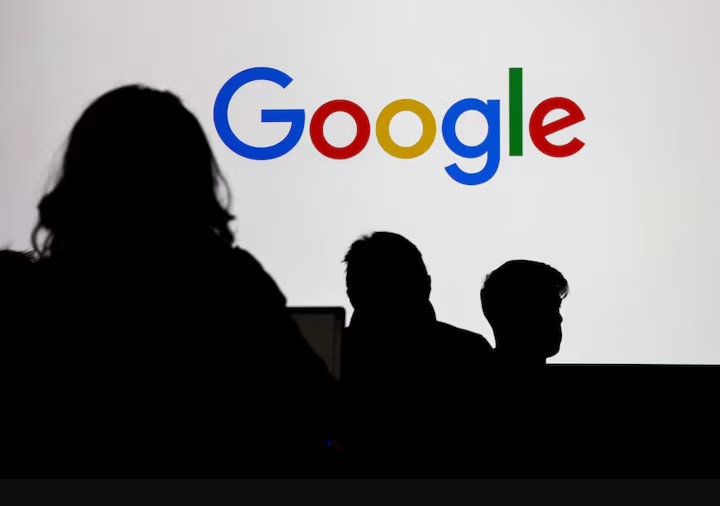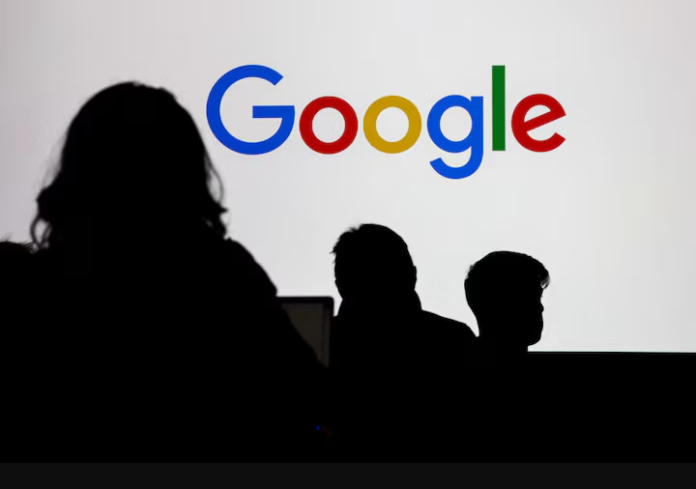In a significant move, South Africa’s Competition Commission has provisionally determined that global tech giants, including Google and Meta, have engaged in anti-competitive practices detrimental to the nation’s media landscape. The Commission’s findings suggest that Google’s search algorithms disproportionately favor international news outlets over local and community media, leading to a substantial decline in the visibility and revenue of South African news organizations.
The Commission’s report highlights that this imbalance has significantly contributed to the erosion of South Africa’s media sector over the past 14 years. To address this issue, the watchdog recommends that Google provide annual compensation ranging from 300 million to 500 million rand (approximately $27.29 million) to South African media outlets over a period of three to five years. This compensation aims to rectify the disparities in referral traffic and support the sustainability of local journalism.
In response to the provisional findings, Google has expressed its intent to thoroughly review the report but disputes the assertion that it has disproportionately benefited at the expense of publishers. The company claims that in 2023, its platforms, such as Google Search and News, generated an estimated 350 million rand in referral traffic value for South African publishers, while earning less than 19 million rand from advertisements displayed alongside news queries. Google also emphasizes its ongoing investments in products, training, and partnerships designed to bolster publishers and the broader news ecosystem.
The Commission’s scrutiny extends beyond Google. Social media platforms like Meta’s Facebook and X (formerly Twitter) are also under examination. The report recommends that these platforms cease practices that deprioritize posts from South African news media containing external links in users’ feeds. Additionally, it suggests that platforms such as YouTube enhance monetization opportunities for news media by increasing revenue shares.

Should these tech companies fail to implement the proposed remedies within six months following the final report, the Commission proposes imposing a digital advertising tariff or levy ranging from 5% to 10% on their South African operations. This measure aims to incentivize compliance and ensure a fairer distribution of advertising revenue between global platforms and local media entities.
The Commission has set a deadline of April 7 for all involved parties to submit evidence supporting their positions before releasing its final report later this year. The outcomes of this investigation could set a precedent for how digital platforms interact with local media industries, not only in South Africa but potentially influencing global standards.



